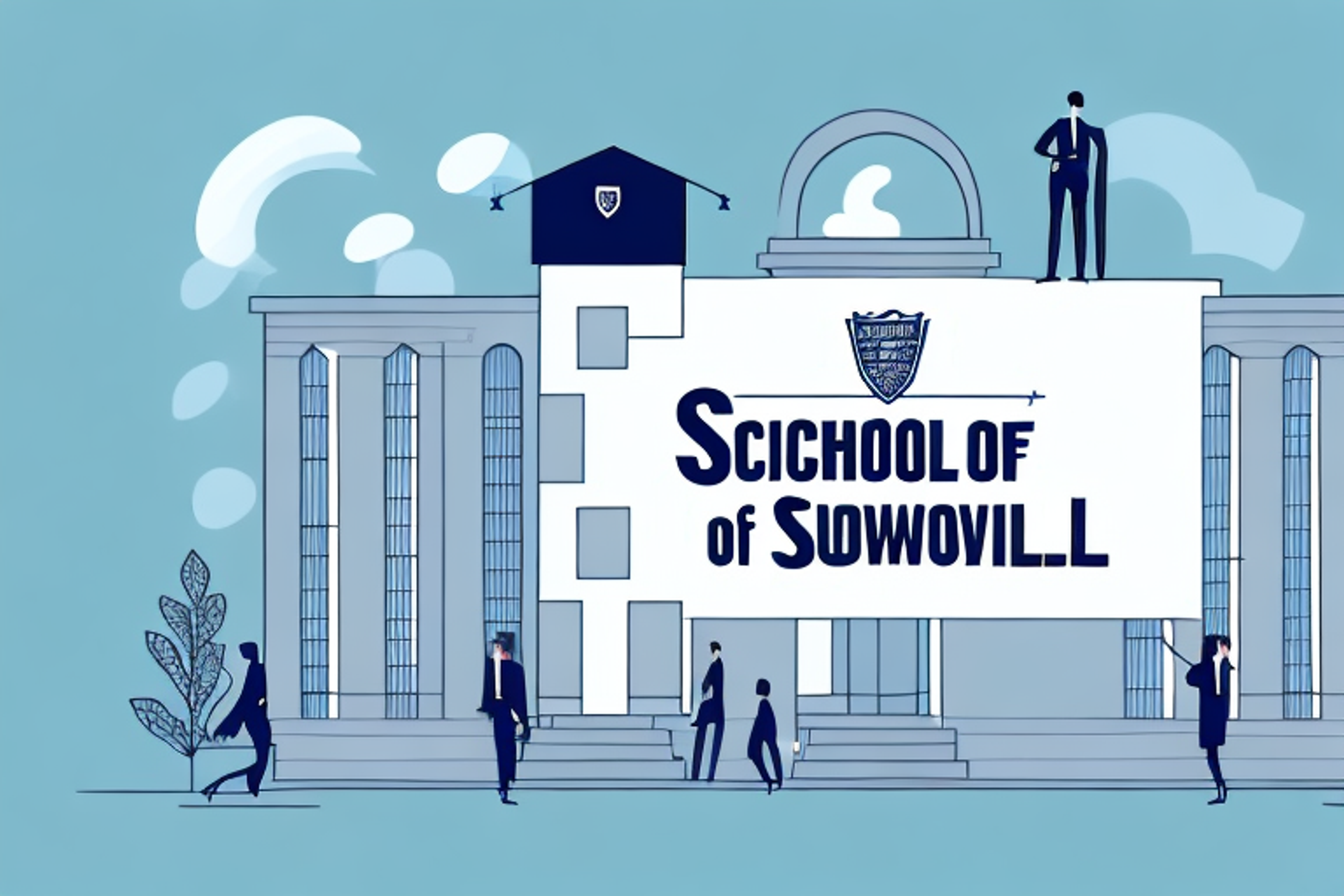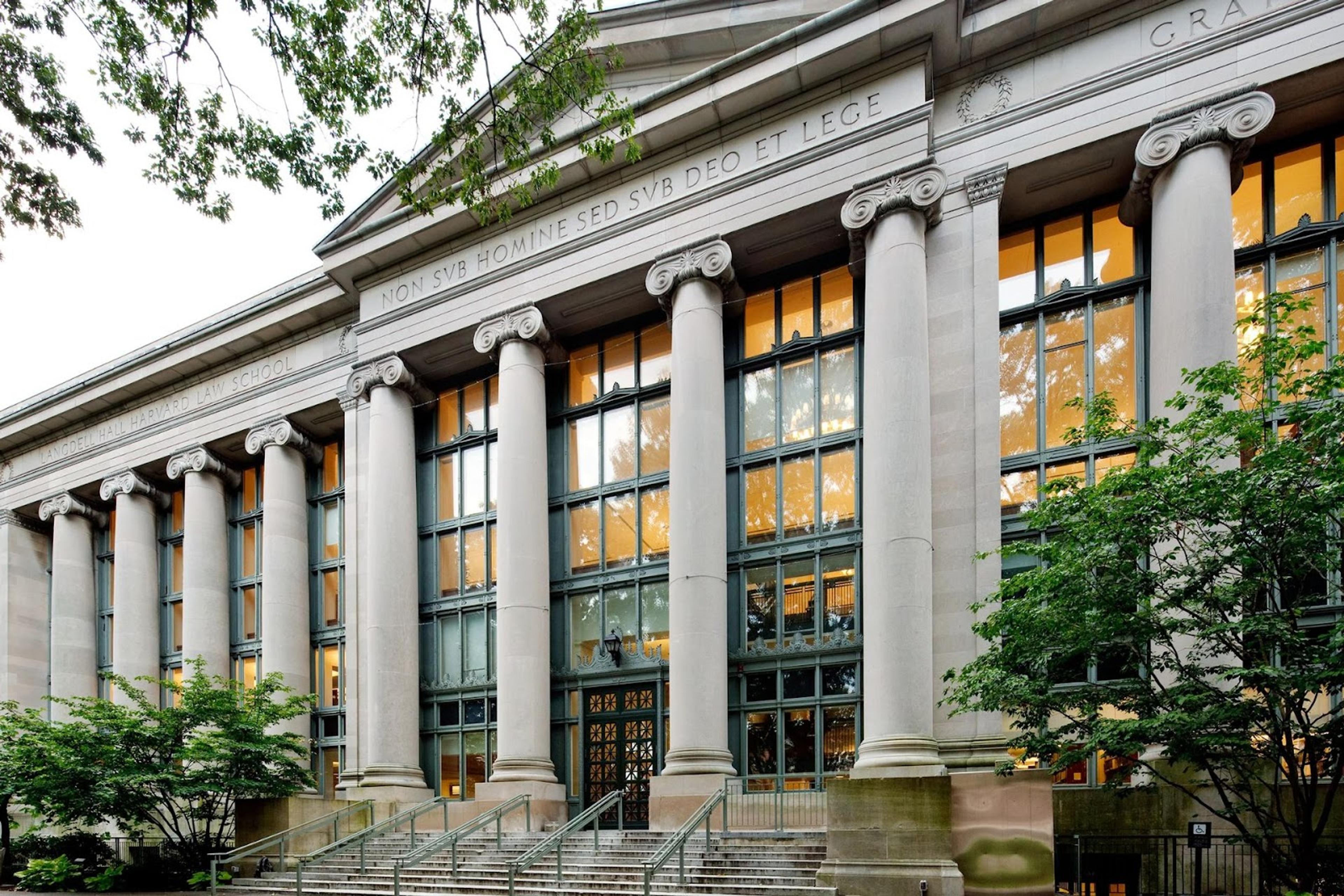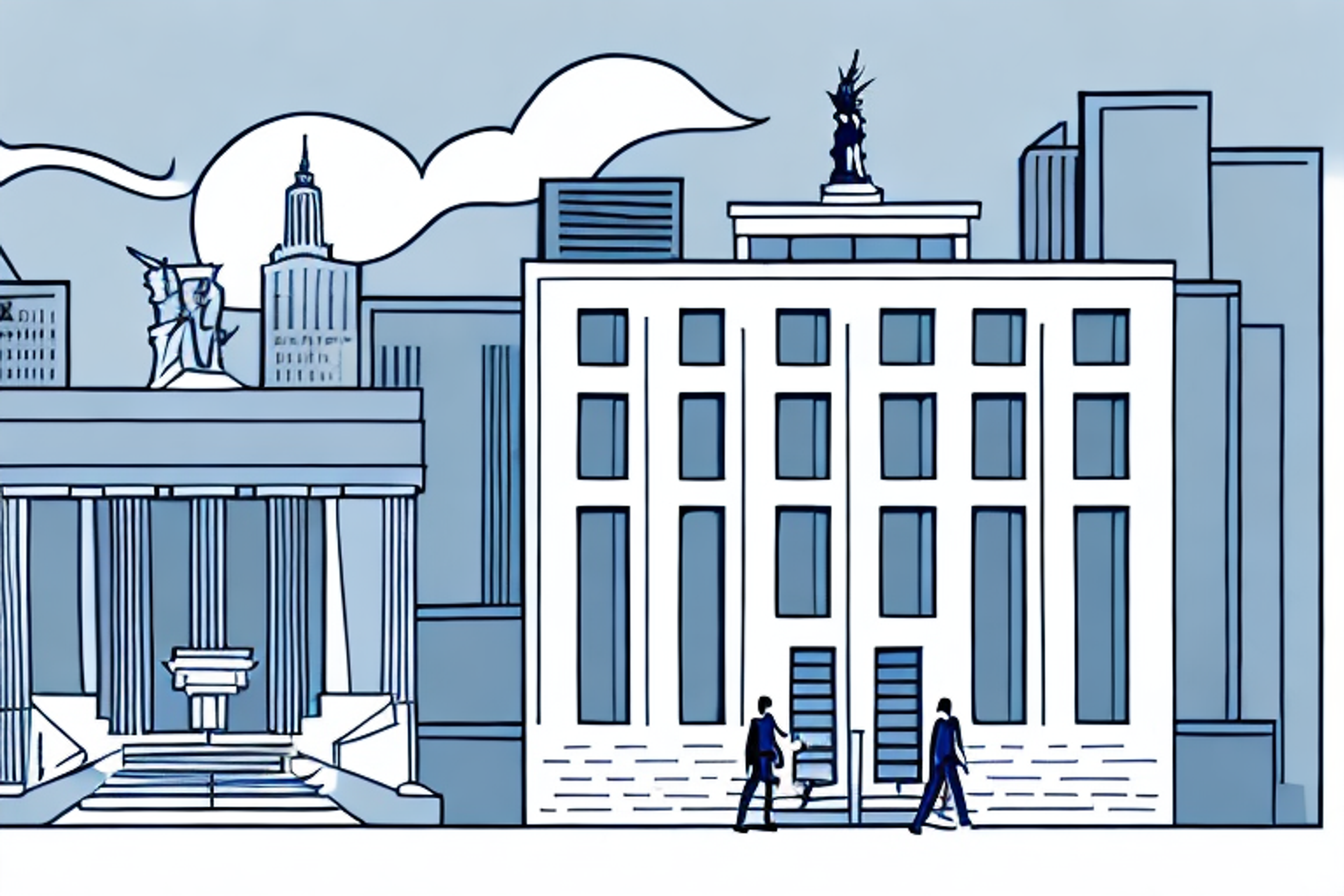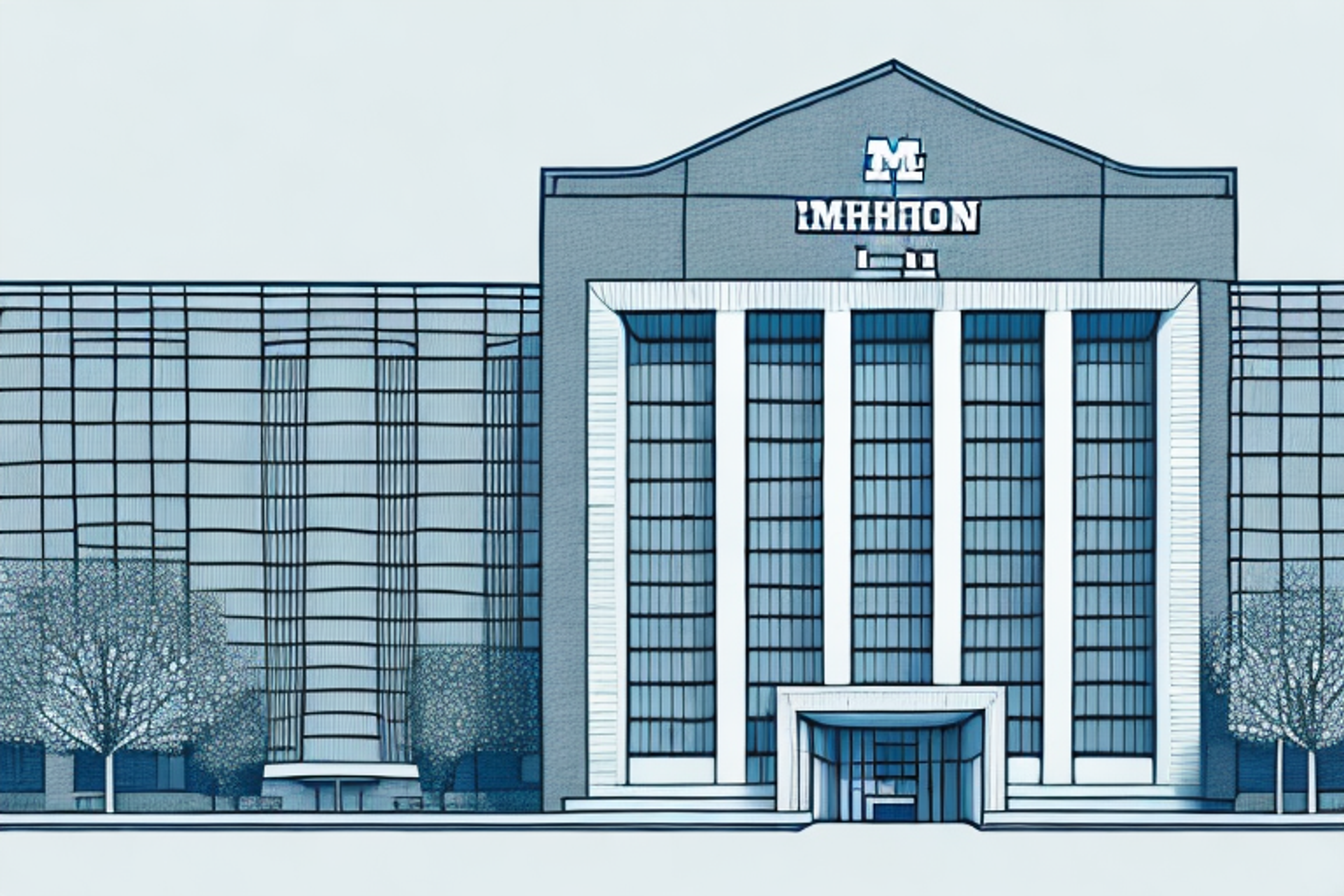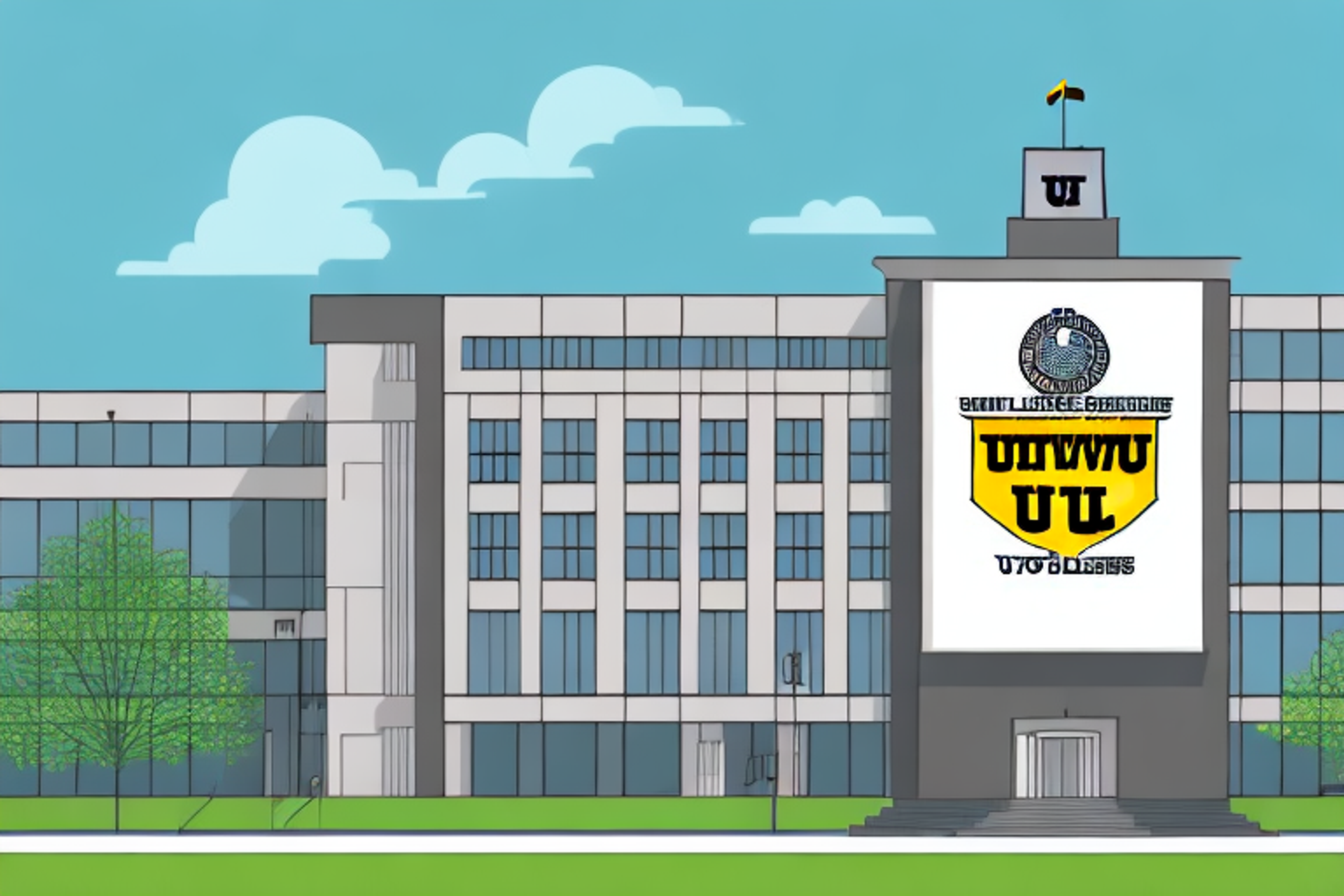A Guide to the Temple University Beasley School of Law Interview Process
If you're preparing for an interview at Temple University's Beasley School of Law, this guide is a must-read.
Posted March 6, 2025

Table of Contents
Free Event

Featuring Indrani S.
Law School App Office Hours with a Former Stanford AdCom Member
Starting Thursday, April 17
11:30 PM UTC · 45 minutes

Featuring Indrani S.
If you're considering applying to Temple University Beasley School of Law, you're likely already aware of the importance of the interview process. This crucial step in the application process allows candidates the opportunity to showcase their strengths and suitability for the program. In this comprehensive guide, we will delve into everything you need to know about the interview process at Temple University Beasley School of Law, so that you can feel confident and prepared when it comes time for your own interview.
Understanding the Importance of the Interview Process at Temple University Beasley School of Law
The interview process at Temple University Beasley School of Law is designed to give both candidates and admissions staff the chance to learn more about each other. During this process, candidates are evaluated based on a variety of factors, including their academic achievements, professional experiences, and personal attributes, such as their motivation, communication skills, and ability to handle stress. Admissions staff use this information to assess whether a candidate is the right fit for the program, and to make informed decisions about admissions and scholarships.
One of the key benefits of the interview process is that it allows candidates to showcase their unique qualities and experiences that may not be reflected in their application materials. This can include their passion for a particular area of law, their involvement in community service or pro bono work, or their leadership skills. By highlighting these qualities, candidates can demonstrate their potential to contribute to the law school community and make a positive impact in their future careers.
Additionally, the interview process provides an opportunity for candidates to ask questions and learn more about the law school and its programs. This can help them make an informed decision about whether Temple University Beasley School of Law is the right fit for their academic and career goals. Admissions staff are also available to provide guidance and support throughout the application process, and can offer valuable insights into the admissions criteria and requirements.
Preparing for the Temple University Beasley School of Law Interview: What You Need to Know
One of the most important steps in preparing for any interview is to research the school and program in depth. Start by reviewing the Temple University Beasley School of Law website, brochure, and other related materials to get a sense of the program's mission, values, and culture. It's also a good idea to research the school's faculty and alumni to gain insight into the type of students they've accepted in the past and what they're looking for in candidates.
Next, practice your interview skills by preparing answers to common law school interview questions. Be sure to highlight your strengths, experiences, and achievements that are most relevant to the program. Consider practicing with a friend or mentor to help you gain confidence and fine-tune your responses. Finally, remember to dress professionally, arrive on time, and bring any necessary documents or materials, such as your resume, transcript, or writing samples.
Tips for Making a Great First Impression During Your Temple University Beasley School of Law Interview
First impressions matter, and your interview at Temple University Beasley School of Law is no exception. Dress professionally, be polite, and express enthusiasm for the program. When answering questions, be concise and to the point, while also providing enough context to give the admissions staff a complete picture of your experiences and motivations. Remember to maintain eye contact, speak clearly, and be responsive to the interviewer's cues.
Additionally, it's important to do your research on the school and the program before your interview. Familiarize yourself with the curriculum, faculty, and any recent developments or accomplishments within the school. This will not only demonstrate your interest and dedication to the program, but also allow you to ask informed questions and engage in meaningful conversation with the interviewer. Remember, the interview is not only an opportunity for the admissions staff to learn about you, but also for you to learn about the school and determine if it's the right fit for you.
Common Questions Asked During the Temple University Beasley School of Law Interview and How to Answer Them
While every interview is different, there are some common questions that you can expect to be asked during your interview at Temple University Beasley School of Law. Some of these may include:
- Why do you want to attend Temple University Beasley School of Law?
- What is your greatest strength, and how does it relate to the practice of law?
- What challenges have you faced, and how have you overcome them?
To answer these questions, be prepared to speak honestly and from the heart. Use specific examples and stories to illustrate your points, and connect your experiences to your motivations and goals for attending law school. Remember to express your passion for the law and your willingness to work hard to achieve your goals.
In addition to these common questions, you may also be asked about your experience working in a team and how you handle conflicts within a group. It is important to demonstrate your ability to work collaboratively and communicate effectively with others, as these skills are essential in the legal profession.
Another potential question could be about your long-term career goals and how attending Temple University Beasley School of Law fits into those plans. Be sure to have a clear understanding of your career aspirations and how the school's program and resources can help you achieve them.
Understanding the Evaluation Criteria Used During the Temple University Beasley School of Law Interview
During your interview at Temple University Beasley School of Law, you will be evaluated on a number of criteria, including your academic achievements, professional experiences, personal attributes, and overall fit for the program. Admissions staff will consider factors such as your analytic and critical thinking skills, your ability to communicate and work in teams, and your potential to succeed in a competitive and challenging academic environment.
Additionally, the admissions staff will also take into account your passion for the law and your motivation for pursuing a legal education. They will be interested in hearing about any relevant extracurricular activities, volunteer work, or internships that demonstrate your commitment to the field. It is important to come prepared to discuss your specific interests in law and how you plan to use your degree to make a positive impact in your community or chosen career path.
Navigating a Virtual Interview with Temple University Beasley School of Law: Tips and Tricks
In the era of COVID-19, virtual interviews are becoming increasingly common for law schools across the country. While the format may be different, many of the same principles for successful interviews still apply. Make sure you have a reliable internet connection, and that you've tested your equipment and set up your environment to minimize distractions. Dress professionally and be sure to make good eye contact with the camera. Finally, be sure to follow up with thank-you notes and any additional information that may be requested after the interview.
One additional tip for virtual interviews is to practice your responses to common interview questions. This can help you feel more confident and prepared during the actual interview. You can also research the law school and the specific program you are applying to, so that you can ask informed questions and demonstrate your interest in the school. Remember to be yourself and let your personality shine through, as law schools are not only looking for strong academic credentials, but also for well-rounded individuals who will contribute to the school community.
How to Follow Up After Your Temple University Beasley School of Law Interview and What to Expect Next
After your interview, make sure to send a follow-up thank-you note to the admissions staff. This is a great opportunity to reiterate your interest in the program, and to express gratitude for the time and attention they've given you. From there, you can expect to receive a decision from the admissions staff within a few weeks or months, depending on the timing of your interview.
It's important to note that the admissions staff at Temple University Beasley School of Law receives a large number of applications each year, so it's possible that the decision process may take longer than expected. However, if you haven't heard back within a reasonable amount of time, don't hesitate to reach out to the admissions office for an update on your application status.
Additionally, if you are accepted into the program, you will receive information about next steps, such as submitting a deposit to secure your spot in the incoming class. You may also receive information about orientation and other events to help you prepare for your first year of law school. Congratulations on completing the interview process, and best of luck with your application!
Success Stories from Students Who Nailed Their Temple University Beasley School of Law Interviews
Finally, take comfort in knowing that many students before you have successfully navigated the interview process at Temple University Beasley School of Law. Some have shared stories of how they practiced answering questions beforehand, while others emphasized how they used their unique experiences to stand out from other candidates. Consider reaching out to alumni or current students for additional advice or encouragement, and remember to approach the interview process with confidence, authenticity, and a willingness to learn.
By following these tips, you'll be well-prepared to tackle the interview process at Temple University Beasley School of Law, and well on your way to achieving your academic and professional goals.
One student, Sarah, shared her experience of how she researched the school and its faculty members before her interview. She was able to ask specific questions about their work and research, which showed her interest and dedication to the program. Another student, John, emphasized the importance of being yourself during the interview. He shared that he was honest about his strengths and weaknesses, and how he could contribute to the school's community. This authenticity helped him stand out from other candidates.


